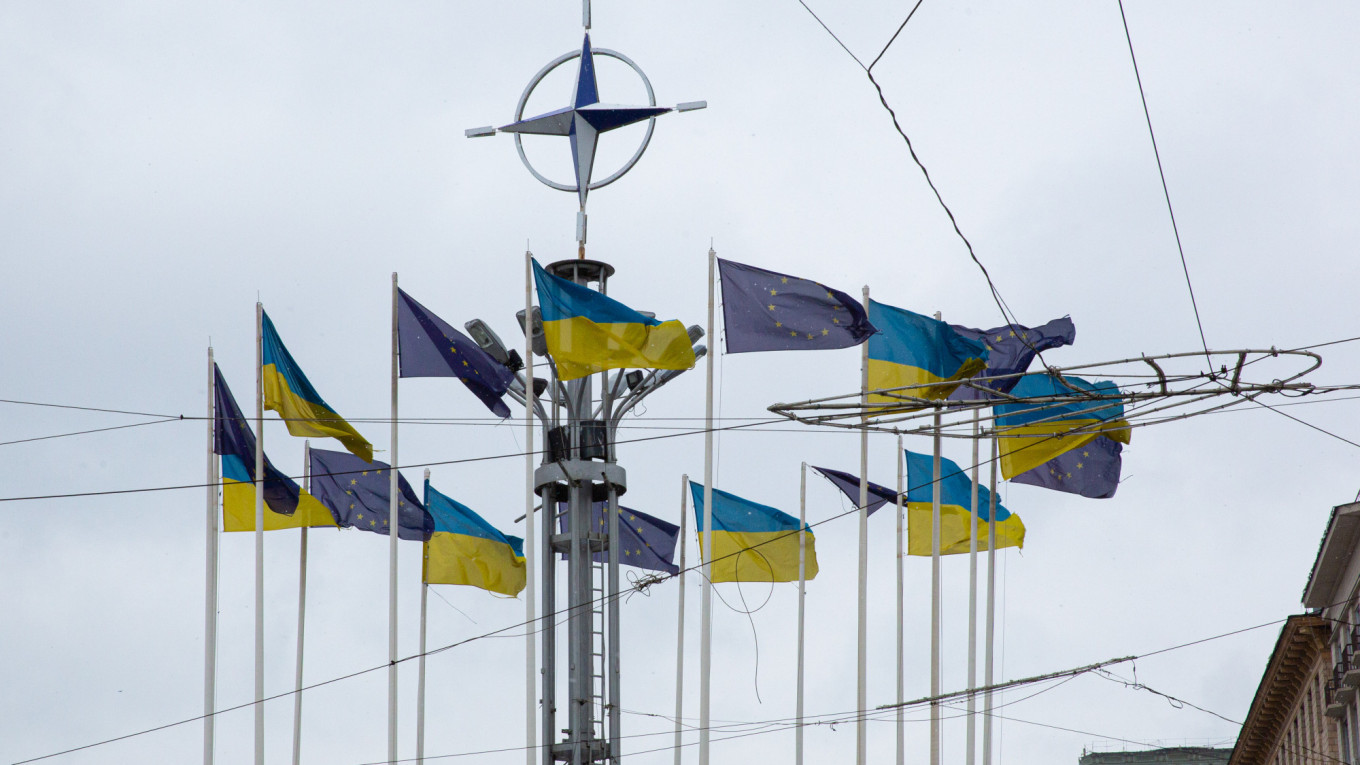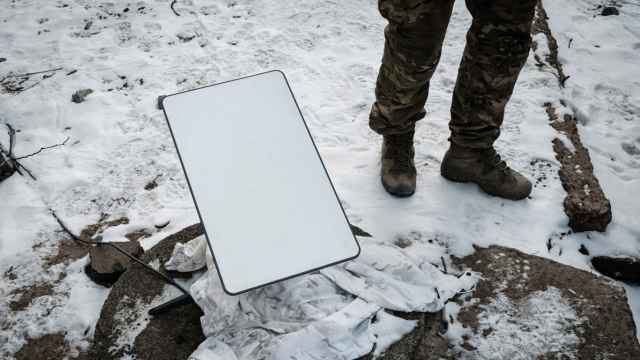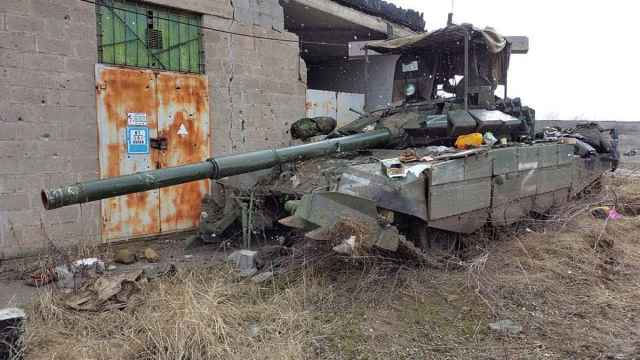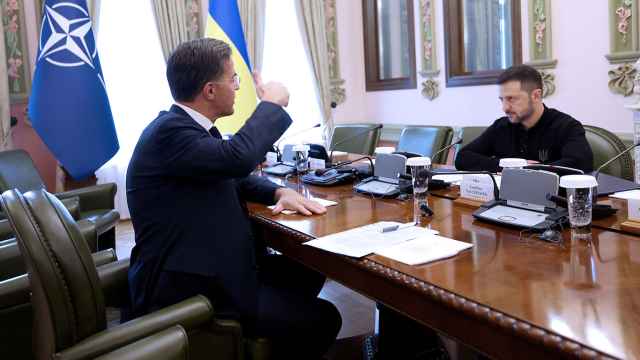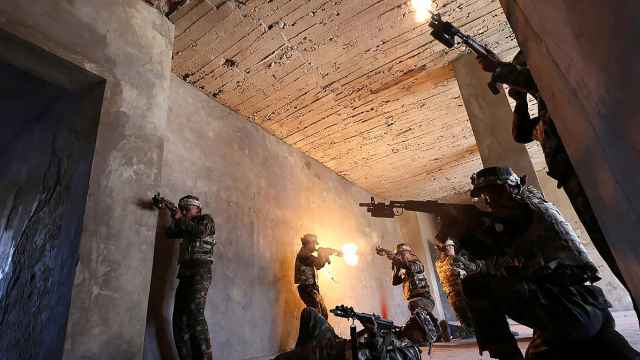BRUSSELS — NATO expects that President Vladimir Putin will seek retaliation against Ukraine for its audacious “Spider’s Web” drone operation, which dealt a significant blow to Russia’s strategic air bases, a senior NATO official told The Moscow Times.
“There will certainly be retaliatory actions that Russia will take. And there will be defensive things that Russia will do,” the senior NATO official told The Moscow Times ahead of the alliance’s defense ministers meeting, speaking on condition of anonymity.
The official warned that these actions could include intensified Russian airstrikes against Ukraine.
“Russia hasn't seemed to need much excuse for pretty severe strikes so far. But I think Russia will use this to cover and justify additional, heavier strikes and stalling negotiations,” the official said.
He said he was aware of further details regarding Moscow’s possible preparations for retaliation but declined to disclose them.
A second senior NATO official confirmed that the alliance had independently verified the damage inflicted on Russia’s strategic aviation fleet by the Ukrainian operation.
He would not say whether the Ukrainian military used intelligence provided by NATO members in planning the secret operation.
“Ukraine’s military managed to damage over 40 Russian aircraft. Ten to 13 of them were destroyed, including at least one A-50 reconnaissance aircraft,” the second official said.
“I can't tell you whether intelligence from any allies was used. But let me point out that the location of Russia's strategic aviation bases is well known — it's public information,” the NATO official said.
The official did not specify how many of the destroyed aircraft were fully operational and involved in Russia’s invasion of Ukraine, versus those that were inactive or used for spare parts.
“Is there a risk that Moscow would escalate? I think there's always a risk of escalation,” he said.
A Message from The Moscow Times:
Dear readers,
We are facing unprecedented challenges. Russia's Prosecutor General's Office has designated The Moscow Times as an "undesirable" organization, criminalizing our work and putting our staff at risk of prosecution. This follows our earlier unjust labeling as a "foreign agent."
These actions are direct attempts to silence independent journalism in Russia. The authorities claim our work "discredits the decisions of the Russian leadership." We see things differently: we strive to provide accurate, unbiased reporting on Russia.
We, the journalists of The Moscow Times, refuse to be silenced. But to continue our work, we need your help.
Your support, no matter how small, makes a world of difference. If you can, please support us monthly starting from just $2. It's quick to set up, and every contribution makes a significant impact.
By supporting The Moscow Times, you're defending open, independent journalism in the face of repression. Thank you for standing with us.
Remind me later.



